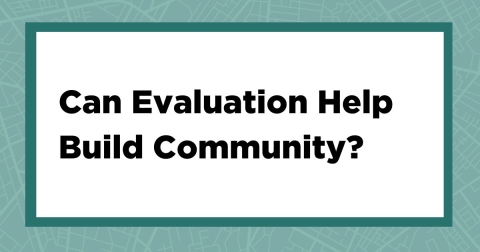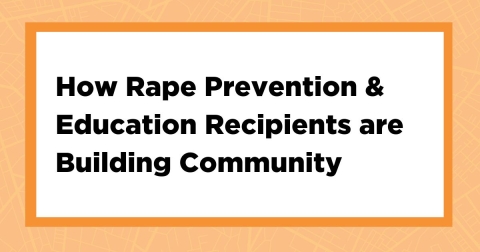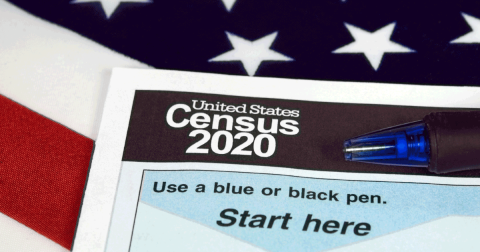Sally J. Laskey is the Evaluation Coordinator for the National Sexual Violence Resource Center. Sally is a Community Psychologist with over 30 years in the violence prevention and victim services field. She believes in the power of evaluation to tell positive prevention stories.
- Feb 12, 2025
- Sally Laskey
February 10-14, 2025 is international Love Data Week exploring critical questions about data ownership and origins. This year's theme challenges us to examine where data comes from and who owns it before we use it in our work.
- May 01, 2024
- Sally Laskey
We have talked about how to use evaluation for good, but we want to expand that conversation to talk about how evaluation, if approached through a social justice lens, can help to build community. First, let’s think about why folks evaluate their programs in the first place.
- Apr 15, 2024
- Sally Laskey
As we reflect on the #SAAM2024 theme, we recognize that to build connected communities we must work in solidarity with others. Here is a sneak peek at data from NSVRC’s 2024 National Strengths and Needs Assessment.
- Jun 24, 2022
- Sally Laskey
We are continuing to explore lessons learned by participants from our effective data visualization training series we conducted with Dr. Stephanie Evergreen. I interviewed a few training participants to hear about how their data storytelling has shifted and the larger impacts they’ve experienced.
I had the opportunity to connect with Erin Chambers, Visual Communications Designer from the Missouri Coalition Against Domestic & Sexual Violence (MOCADSV) to learn how data storytelling is evolving for state coalition staff.
- Jun 24, 2022
- Sally Laskey
When the pandemic hit and we weren’t able to meet in person like we usually do with our Rape Prevention and Education (RPE) partners, we realized we needed a new plan. Part of the new plan included a fantastic partnership with Dr. Stephanie Evergreen to conduct a series of virtual trainings on effective data visualization. These trainings have forever changed the way we tell our prevention stories.
- Jan 03, 2022
- Sally Laskey
The first movie I saw in a movie theater was Star Wars. I was five and couldn’t hold the seat down. My favorite book series as a pre-teen was Madeleine L'Engle’s Time Quintet. I took extra science classes in high school and I might have been the only person in my Science, Technology, and Ethics class in college that actually enjoyed the required readings. I dressed up as Trinity from The Matrix more than once.
- Sep 01, 2020
- Sally Laskey
This blog provides a historical look at the uses of research on adverse childhood experiences (ACEs) and how it sparked new research on resilience and protective factors for youth.
- Aug 05, 2020
- Sally Laskey
On this episode, we talk with Dr. Victoria Banyard and Robin P. Christopherson about a research project to evaluate Green Dot Community.
- Mar 25, 2020
- Sally Laskey
Learn more about the 2020 census and how data is used to determine representation and funding for local support services.
- Feb 20, 2020
- Sally Laskey
Register for a free, introductory webinar about Principles-Focused Evaluation on March 26!
Pagination
- Page 1
- Next page







